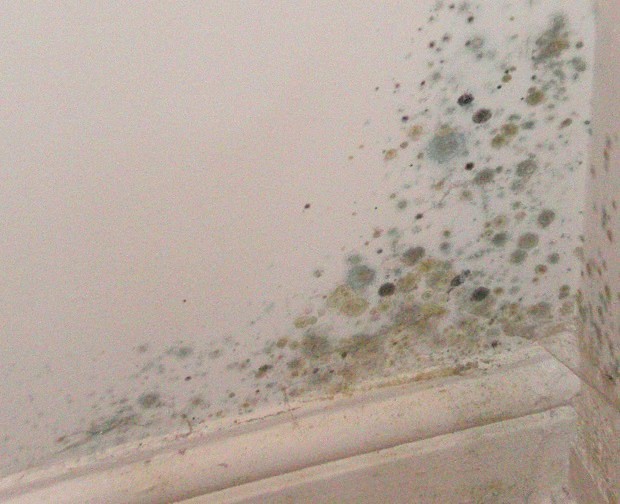England: Mushrooms growing on child’s bedroom wall among cases in Ombudsman report

England’s Housing Ombudsman has followed the commencement of Awaab’s Law with a new severe maladministration report that focuses on damp and mould.
The report examines where landlords missed opportunities to put things right once a formal complaint was made. Other aspects considered include inspections and delays to works.
The cases highlight learning relevant to key requirements under Awaab’s Law, such as assessing risk, providing temporary moves, and keeping records.
Among the cases are a resident reporting carpets wet to touch, another with mushrooms growing on their child’s bedroom wall, and another household experiencing water running down their child’s wall when it rains.
Damage to personal items is also a repeat theme, with a resident throwing away two beds because they’re covered in mould.
The landlords highlighted in this report are:
- A2Dominion
- Adur Council
- Amplius
- Clarion
- Curo
- Gateshead Council
- Hackney Co-op
- Hyde Group
- London Borough of Barnet
- London Borough of Camden
- London Borough of Ealing
- London Borough of Haringey
- London Borough of Lambeth
- London Borough of Lewisham
- L&Q
- My Space Housing Solutions
- Onward Homes
- Orbit Group
- Places for People
- Sanctuary
- Slough Council
- Sovereign Network Group
- Southern Housing
- Stoke City Council
Richard Blakeway, Housing Ombudsman, said: “This report reinforces the need for Awaab’s Law. The issues in these cases take months or even years to be addressed and in some cases are unresolved until we intervene.
“This is far from action happening within days or weeks, as would be expected now under Awaab’s Law.
“Understandably, there has been focus by landlords on meeting the timescales set out in the law. However, landlords should not lose sight of other requirements, such as effective inspections, providing suitable temporary moves and clear, empathetic communication. There is a risk of false assurance if governing bodies focus only on the tangible targets.
“Issues relevant to these areas are examined in this report because we think they could be ‘pinch points’ under Awaab’s Law.
“The landlord’s involved in this report have shared a wide range of valuable lessons to prevent failings happening again. This includes handling cases out of normal working hours, evaluating contractor capacity, technological innovations, managing complex cases, task tracking, triaging, responding to vulnerabilities and record keeping requirements.
“Sharing insights and sector collaboration will help landlords during the initial months practicing Awaab’s Law. We want to play our part too. We have published investigation guidance to help landlords understand our handling of Awaab’s Law cases and we are also committed to sharing our casework insights early.
“This collective effort will make residents’ homes safer.”






